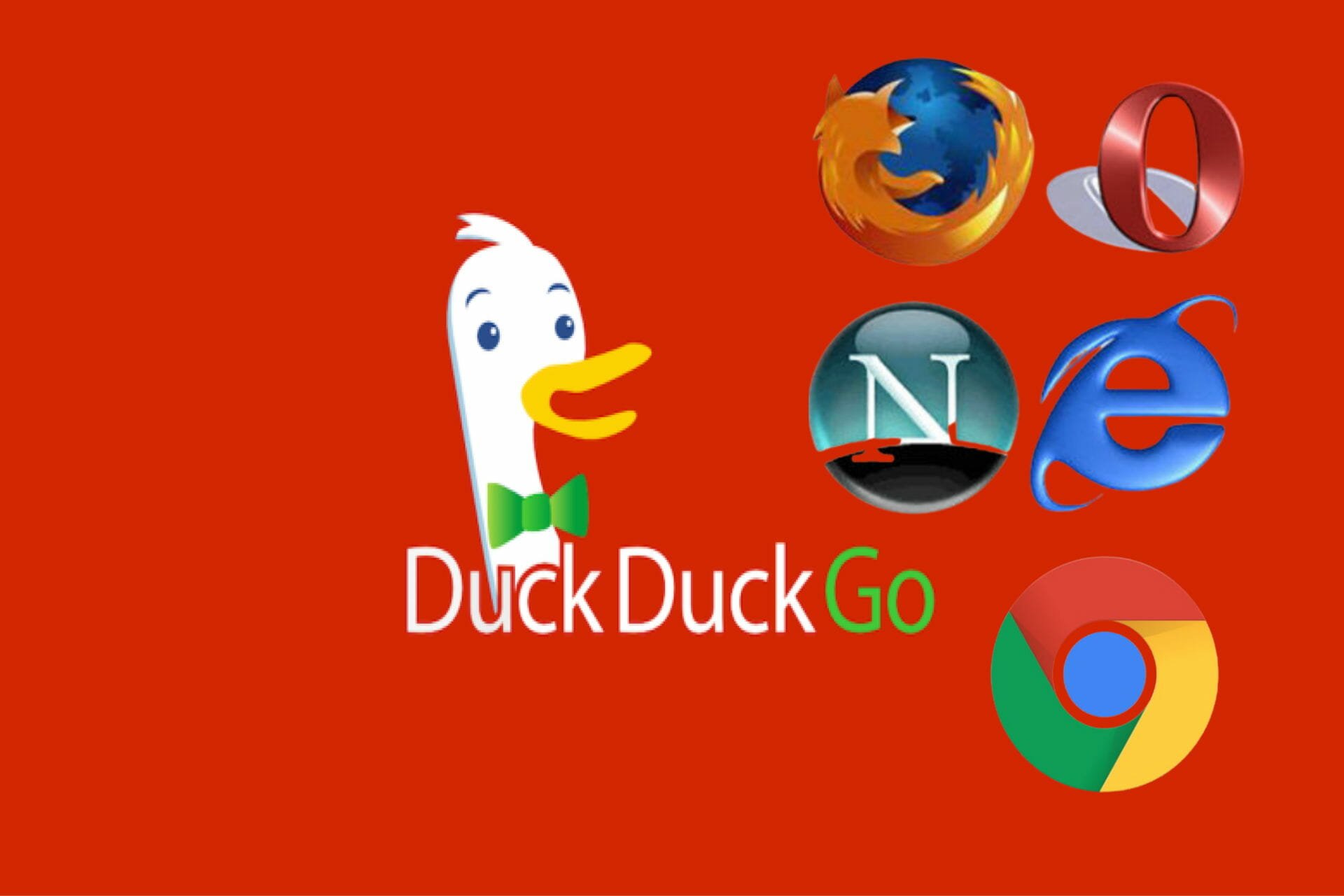

It exposes the danger of this tracking to manipulate election results, discriminate against certain groups or sell data in bulk to some company with bad intentions. His main criticisms are of Google and Facebook for “persecuting users” and bombarding them with “invasive advertising” all over the web. Its main hallmark is that it does not collect information from users. On locations, it does not have its own geographic monitoring service and offers maps thanks to the collaboration with Apple Maps. Therefore, DuckDuckGo recognizes that it obtains income through other means.įor example, you get a small commission for each click on one of Amazon’s or eBay’s numerous affiliate pages, although, he insists, without revealing the author of the search or any of its features. With this system, the logical thing is that advertisers do not risk very high amounts of money for advertising that they can barely control who arrives. Although it has ads at the top of the page, it treats the user as if it were the first time they accessed the search engine (even if it is not) and is not based on a history of experiences. The company ensures that it tries to offer the most satisfactory answers for the specific keyword or keywords typed, so it is common for Wikipedia to appear recurrently among the top positions. Unlike other search engines, it doesn’t work from previous searches, preferences, or user location. The company is established in Valley Forge, Pennsylvania (USA) and currently has 65 employees. Weinberg defends the advantages of DuckDuckGo in each interview he grants and assures that the company has been profitable since 2014, and that it also does so without the need to interfere in the privacy of Internet users. The search engine was founded in 2008 by Gabriel Weinberg,an MIT graduate who had previously had experiences with tech companies.


 0 kommentar(er)
0 kommentar(er)
